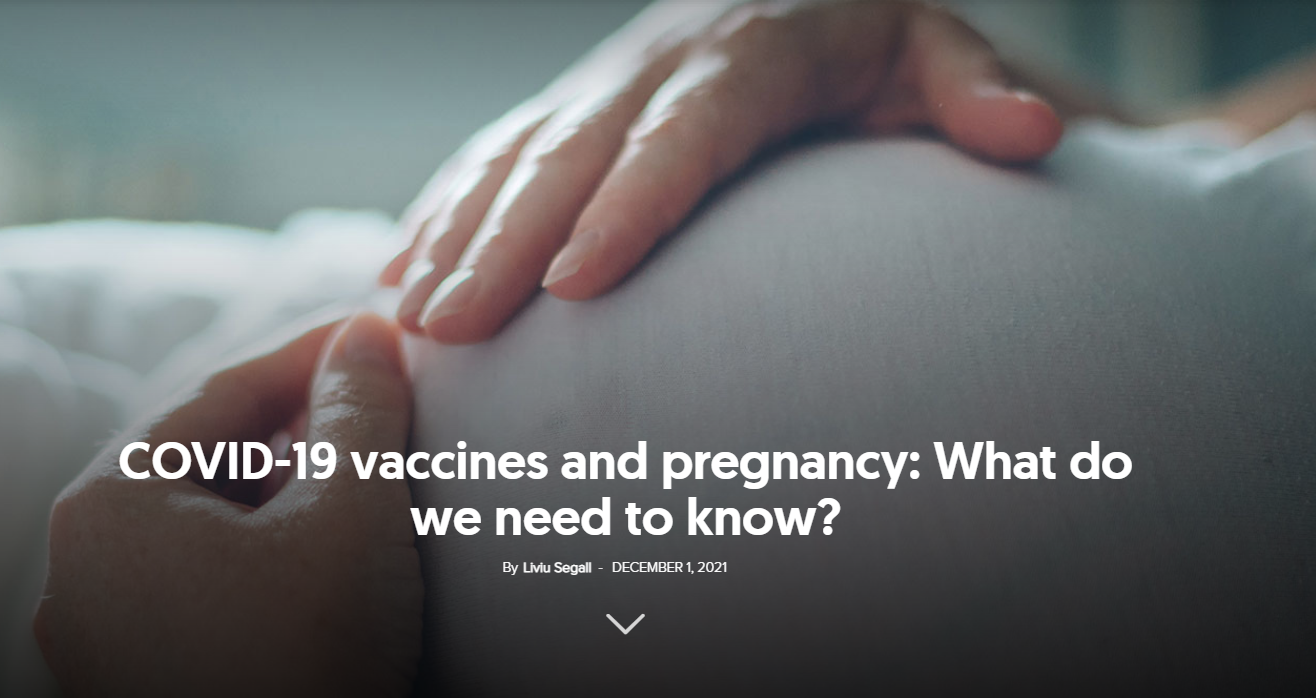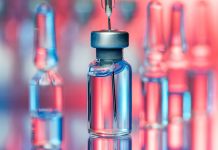One of the reasons quoted most often by those who refuse to get vaccinated against COVID-19 is the hypothesis that vaccines cause infertility.
As we already know, mRNA-based vaccines (Pfizer and Moderna) do not interact with the DNA inside the cell nucleus, so they do not influence their own genetic material, and the Johnson & Johnson (viral vector) and Astra Zeneca (attenuated adenovirus) vaccines are designed as conventional vaccines that stimulate the immune system to produce antibodies against the viral spike protein.
The hesitation among women of childbearing potential has been fuelled by the widespread online hypothesis that the spike protein from anti-Covid vaccines has significant similarities to a protein which is vital in the formation of the human placenta (Syncytina-1).
Can COVID-19 vaccines cause infertility?
According to this hypothesis, post-vaccination, a cross-immune reaction would occur, which would cause the immune system to accidentally attack Syncytina-1, which would prevent the implantation of the newly formed embryo[1] and lead to pregnancy loss. It is true that those who introduced this hypothesis did not explain why the same mechanism would not cause infertility in women infected with the SARS-CoV-2 virus.
From a morphological point of view, Syncytina-1 is a protein consisting of 538 amino acids with a size of 73 kDa, while the SARS‐CoV‐2 spike protein has 1,273 amino acids with a size of 180-200 kDa,[2] but the longest similar sequence between the two proteins measures only four amino acids.
A team led by immunologist Akiko Iwasaki of Yale Medical University studied the reactivity of 3,000 different types of human proteins to antibodies formed by the natural infection with the SARS-CoV-2 virus and the anti-COVID-19 vaccination and, most importantly, observed a lack of reactivity between Syncytina-1 and the spike protein.[3]
The result of a study on 171 female subjects—37.8% were seropositive (had anti-SARS‐CoV‐2 antibodies: 64.8% following the vaccine and 35.2% following COVID-19 infection), the rest being seronegative (had not been infected or vaccinated)—that analysed the results of the in vitro fertilization procedure found that there were no statistically significant differences between the rate of embryonic implantation in vaccinated patients (80% implantation rate), in those that had been infected (implantation rate of 73.7%), and in the seronegative subjects (73.9%).[4]
Moreover, the natural infection or the antibodies resulting from vaccination did not have a negative effect on ovarian function or egg quality.
However, the most important argument against the female infertility hypothesis can be drawn from the US V-Safe Vaccine Safety Monitoring Registry, where, by the end of March 2021, about 4,800 women had reported post-vaccination or peri-vaccination pregnancy (in the days adjacent to vaccination).
Expert advice from the Royal College of Obstetricians and Gynaecologists in Great Britain is that women trying to get pregnant should not avoid vaccination, and those who become pregnant after the first vaccine dose should complete the second dose (eight weeks after the first dose). The obtained antibodies are able to prevent severe complications of the SARS-CoV-2 infection.
From the male perspective of the infertility hypothesis, several mechanisms have been explored that could explain how the SARS-CoV-2 infection would affect the male reproductive system:
• male reproductive system cells express ACE2 receptors that play an important role in the COVID-19 pathogenesis, thus becoming a target for the virus;
• secondary inflammatory and immune response during viral loading can cause oxidative stress and increased DNA methylation and fragmentation;
• high temperature during active viral infection can cause the virus to cross the blood-testicular barrier and enter the seminiferous tubules (which produce the sperm), causing orchitis (inflammation) that could lead to infertility.
Moving beyond the theoretical possibility of male infertility following the SARS-CoV-2 infection, the question that has led many to wait remains: can anti-Covid vaccines cause infertility?
It should be noted that to date, few studies have analysed the impact of anit-Covid vaccines on sperm parameters.
There are two studies conducted on 43 and 45 men, respectively, that evaluate the effect of mRNA vaccines on sperm quality before and after vaccine doses, which concluded that there is no decrease in sperm quality.[5]
A retrospective cohort study (by accessing the TriNetX LLC Dataworks Network) identified 663,774 men vaccinated with at least one dose of the anti-Covid vaccine and 9,985,154 unvaccinated, and the results of the analysis showed a low risk of orchitis/epididymitis after vaccination, a result that is consistent with other studies that do not find a causal relationship between anti-Covid vaccines and secondary effects on the reproductive system.
The Society for Male Reproduction and Urology, part of the American Society for Reproductive Medicine, stated on January 9, 2021 that none of the studies that looked at the impact of the vaccine on male or female fertility generated data to support a negative impact on fertility.




















